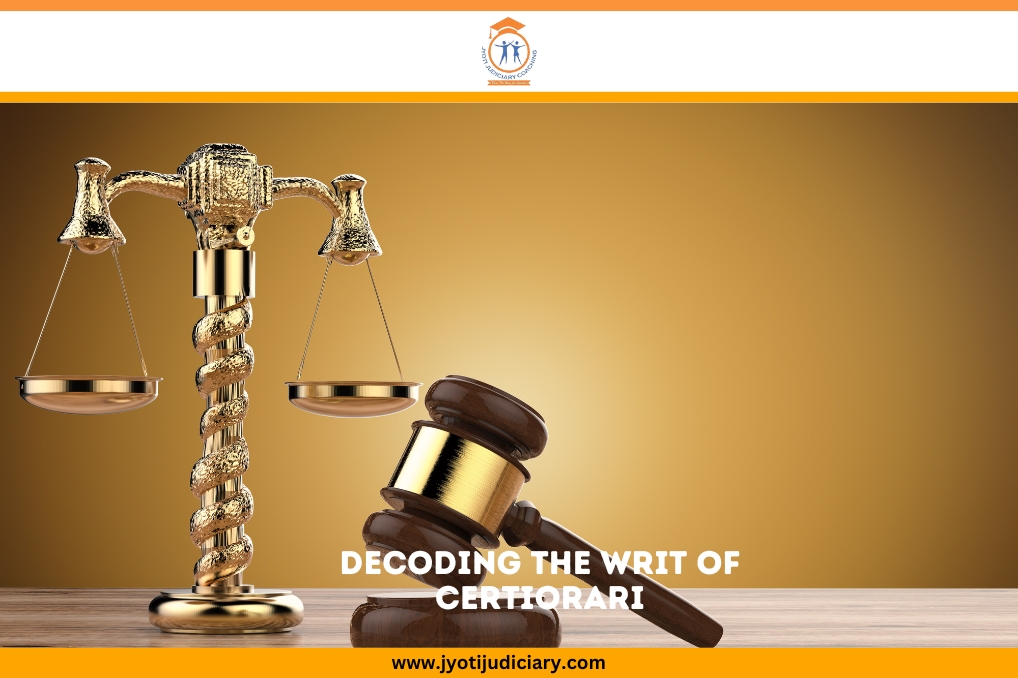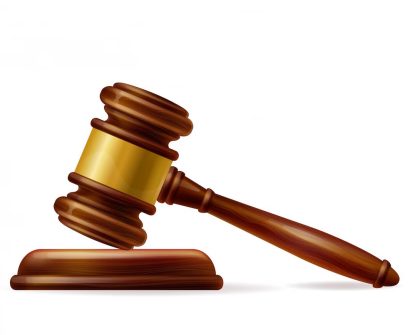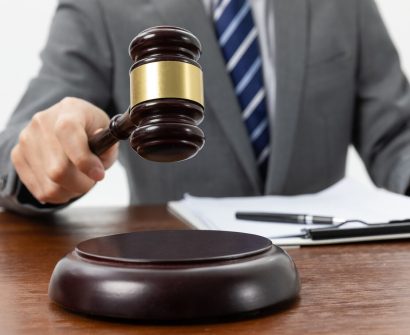
Within the wide-ranging field of Indian law, the writ of certiorari holds an identity of significant importance. This writ, which originates in English common law, is an essential element of the Indian legal system, allowing higher courts to look into the rulings of subordinate courts as well as tribunals.
What is the Meaning of Writ of Certiorari?
- The term “certiorari” refers to a corrective writ that places particular emphasis on correcting various errors in records. The certiorari writ meaning is that “to be informed” or “to be certified.”
- As per the certiorari meaning, the Supreme Court and the high court can issue certiorari to lower courts in order to transfer cases; unlike a writ of prohibition, which is only preventive by nature, certiorari basically suggests a writ that is both beneficial and preventive.
- If lower courts violate the individual rights specified in Article 32 as well as Article 226 of the Indian Constitution, the Supreme Court and the High Court have the authority to issue writs of certiorari against them.
Examples of Writ of Certiorari
- Filarsky v Delia is a prime example where the Supreme Court considered a case after granting a petition for writ of certiorari.
- In this case, the Supreme Court had to decide whether a lawyer practicing official business but not as an employee of the government is entitled to qualified immunity.
The Writ of Certiorari: Who Can Apply?
- The parties who have been wronged by a lower court’s or any other administrative body’s judgment may apply for a writ of certiorari.
- Before requesting a higher court’s review, the party requesting the writ must show that they have an immediate and significant stake in the case as well as that they have exhausted all other options available to them in the lower courts.
Writ of Certiorari to the Supreme Court and High Court: Grounds
- Jurisdictional Error: Whether there are questions regarding the lower courts’ jurisdiction, that is, whether they have overreached their legal power or neglected to use it when it should have, certiorari may be requested.
- Error of Law: A party may file a writ to rectify an alleged error of law in the lower court’s ruling, such as an improper interpretation or application of the law that led to an unfair or inaccurate conclusion that might have serious ramifications.
- Substantial Question of Law: Must concern a significant legal issue that has to be resolved or clarified by a higher court, such as how to interpret a constitutional clause.
- Conflicting Decisions: A petition for certiorari may be filed to address inconsistencies in lower courts’ rulings on a given legal matter and create a unified interpretation of the law.
- Natural Justice Violation: A writ of certiorari may be requested if the petitioner claims that the lower court proceedings violated the principle of natural justice or if elements like corruption, fraud, or collision prevented justice from being served.
- Judicial Review: Certiorari may be filed to contest administrative judgments or actions if it is thought that the lower court did not sufficiently evaluate or oversee an administrative body’s decision.
What is the Certiorari Process?
- The procedure is started by the party requesting the writ by submitting a Special Leave Petition (SLP) to the Supreme Court. The SLP functions as the request for authorization to file an appeal.
- The petitioner must specify exactly why the writ is being requested.
- The SC grants special leave and transforms the SLP into a petition for certiorari if it is persuaded that the case merits special treatment.
- Subsequently, the petitioner needs to draft an extensive paper that details the case’s facts, highlighting the infringement of his rights, presents strong arguments, and explains why the SC ought to use its discretion to grant the writ of certiorari.
- The parties are going to appear before the court and present their cases on the date the court designates for the hearing. In addition, the court renders the decision after hearing arguments from both sides.
A higher court uses a certiorari writ petition to overturn an order made by a subordinate court. It is issued when a judgment contains a prima facie error of law, when an authority has issued an order that exceeds its authority, or when the natural justice principles have been broken. Article 32 of the SC and Article 226 of the HC both contain writ jurisdiction. Other nations also have the writ of certiorari, albeit in somewhat different forms.
Writ of Certiorari FAQs
1. What are the conditions for a writ of certiorari?
Being a high prerogative writ, the writ of certiorari may be granted only in cases where a legal error is clearly visible on the face of the record and should not be granted simply on request. Article 226 of the Constitution grants an unusual remedy, which is primarily a matter of discretion.
2. What are the grounds of certiorari?
Certiorari is granted for lack of jurisdiction, excess jurisdiction, or legal error.
3. What is the objective of certiorari writ?
The writ of “Certiorari” literally means “To be certified” or “To be informed.” A lower court or tribunal receives this writ from a higher authority court, directing them to either rescind an order they have made in a case or transfer a case that is pending with them.
4. Who can file a writ of certiorari?
The parties who have been wronged by a lower court’s decision or by any other administrative body may apply for a writ of certiorari.
5. When can a writ of certiorari be issued?
When an inferior court or tribunal acts without jurisdiction, excessively so, or neglects to exercise its jurisdiction, a writ of certiorari will be granted to fix the error in jurisdiction.
6. Can certiorari be issued against private individuals?
Even in cases when the lawsuit is between two private parties, the Writ of Certiorari may be issued.
7. When can a writ petition be rejected?
A further petition to the Supreme Court is required when the High Court rejects a writ petition under Art. 226 of the Constitution after considering the case on its merits and concluding that either no fundamental right was violated or its violation was justified by the Constitution.
8. What is the nature of certiorari?
Historically, certiorari has been an exceptional judicial remedy with a corrective focus.
9. What is certiorari also called?
Certiorari is the post-mortem remedy found in the Constitution. Certiorari translates as “to be certified.” The Supreme Court can transfer a case to another higher authority for appropriate consideration by issuing a writ of certiorari to a lower court or tribunal.
10. Can the Supreme Court issue certiorari?
It has the authority to issue directives, orders, or writs, including quo warranto, habeas corpus, prohibition, and certiorari writs, in order to carry them out.
11. Does locus standi apply in certiorari?
Petitioners need to be “aggrieved persons” in order to be eligible to file a petition for certiorari. In the event of a jurisdictional defect, such petitioners will naturally be entitled to a writ of certiorari; however, if they do not meet this requirement and are considered “strangers,” the court may, at its discretion, deny them this extraordinary remedy, unless there are extraordinary circumstances.
12. Is certiorari applicable to administrative bodies?
The Supreme Court held in 1991 that administrative bodies are likewise subject to certiorari if their decisions violate the rights of individuals.
13. What is certiorari in simple terms?
Certiorari is Latin meaning “certified” or “informed.” It is sent by a higher court to a lower court or tribunal with the intention of either squashing the lower court’s order in a matter or transferring a case that is pending with it to itself.
14. Which coaching is best for the judiciary?
Jyoti Judiciary Coaching, the best judiciary coaching in Jaipur is the best coaching for the judiciary.
Read to know: The Writ of Mandamus
With the goal of giving students the best coaching available for law entrance exams including the CLAT, AILET, and various other state judiciary exams, Jyoti Judiciary Coaching, India’s Finest educational Platform, was established. Come enroll now with Jyoti Judiciary!
For any latest news, legal topics, judiciary exams notifications, patterns, etc watch Jyoti Judiciary’s YouTube channel for legal videos for any updates at https://youtube.com/@jyotijudiciarycoaching4852?si=2cwubh9d2A9urwJf









